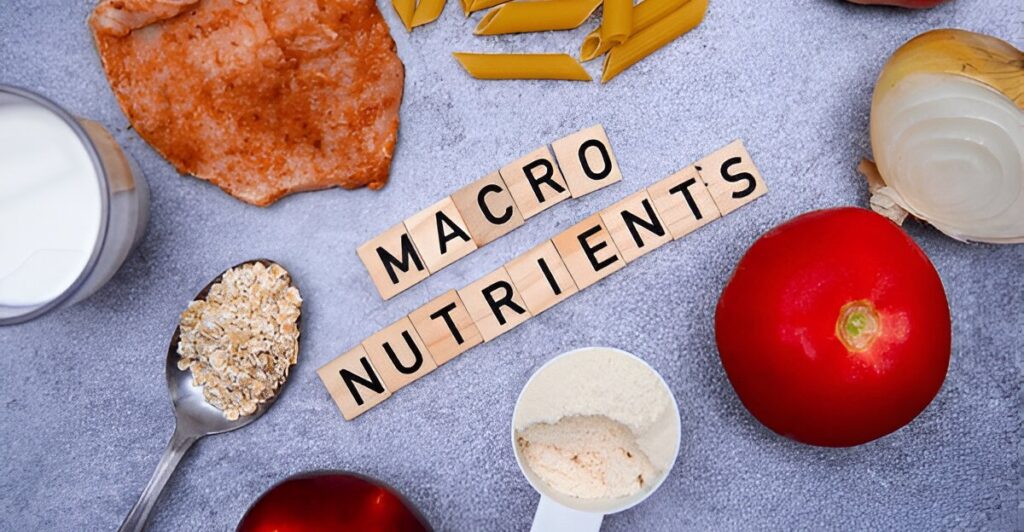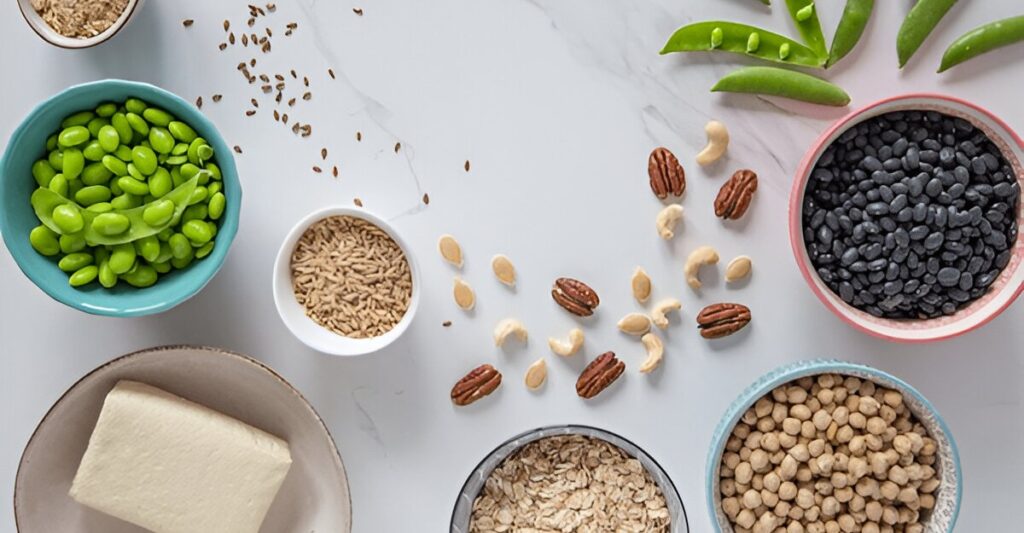Detox diets have gained popularity as a quick fix for weight loss, increased energy, and overall wellness. Promoted by celebrities and wellness influencers, these diets promise to “cleanse” your body of toxins. But what is a detox diet, and do they actually work? In this article, we’ll explore the science behind detox diets, their potential benefits, risks, and whether they’re worth trying.
What Is a Detox Diet?
A detox diet is a short-term eating plan designed to eliminate toxins from the body, improve health, and often promote weight loss. These diets typically involve restricting certain foods, increasing specific nutrients, or incorporating fasting to “reset” the body. The idea is that by reducing exposure to harmful substances, the body can focus on cleansing itself.
Common types of detox diets include:
- Juice Cleanses: Consuming only fruit and vegetable juices for a set period (e.g., 3–7 days).
- Smoothie Detoxes: Blending fruits, vegetables, and superfoods to replace meals.
- Elimination Diets: Cutting out processed foods, sugar, caffeine, alcohol, or gluten.
- Fasting-Based Detoxes: Limiting food intake to water, herbal teas, or broths.
- Supplement-Based Plans: Using pills, powders, or teas marketed as detox aids.
The premise of a detox diet is appealing, but does science support these claims?
How Do Detox Diets Work?
Proponents of detox diets claim they help the body remove toxins—chemicals, pollutants, or metabolic waste—that accumulate from poor diet, environmental exposure, or lifestyle habits. The liver, kidneys, lungs, and skin naturally detoxify the body, but detox diets are said to enhance this process by:
- Reducing intake of processed foods and potential toxins.
- Increasing hydration and fiber to support digestion and elimination.
- Providing antioxidants from fruits and vegetables to combat oxidative stress.
However, the body is already equipped to detoxify itself efficiently. The liver neutralizes toxins, the kidneys filter waste, and the digestive system eliminates excess. So, do detox diets add meaningful benefits, or are they just hype?
Potential Benefits of a Detox Diet
While scientific evidence on detox diets is limited, some aspects may offer benefits:
1. Increased Nutrient Intake
Detox diets often emphasize fruits, vegetables, and whole foods, which are rich in vitamins, minerals, and antioxidants. This can boost energy and support overall health, especially if your usual diet is low in these nutrients.
2. Weight Loss (Temporary)
Many detox diets lead to rapid weight loss due to calorie restriction, reduced carb intake, or water loss. For example, juice cleanses are low in calories, causing a temporary drop in weight.
3. Improved Digestion
Eliminating processed foods and increasing fiber from vegetables or smoothies may reduce bloating and improve bowel regularity, making you feel lighter.
4. Kickstarting Healthy Habits
A detox diet can serve as a reset, encouraging mindfulness about food choices and inspiring long-term healthy eating habits.
5. Enhanced Hydration
Many detox plans emphasize water or herbal teas, which can improve hydration, energy, and skin health.
Risks and Downsides of Detox Diets
Despite their appeal, detox diets come with potential drawbacks that warrant caution:
1. Lack of Scientific Evidence
Most detox diets lack rigorous studies proving they remove toxins more effectively than the body’s natural processes. Claims about “cleansing” are often vague and not backed by data.
2. Nutrient Deficiencies
Restrictive detox plans, like juice cleanses or fasting, may lack essential nutrients such as protein, healthy fats, or certain vitamins, leading to fatigue, muscle loss, or weakened immunity.
3. Temporary Results
Weight loss from detox diets is often due to water weight or glycogen depletion, not fat loss. Once normal eating resumes, the weight typically returns.
4. Side Effects
Common side effects include:
- Hunger, irritability, or low energy due to calorie restriction.
- Headaches or dizziness from caffeine or sugar withdrawal.
- Digestive issues from sudden increases in fiber or juice.
5. Potential for Harm
Extreme detox diets, such as prolonged fasting or unregulated supplements, can be dangerous, causing electrolyte imbalances, dehydration, or liver strain. People with medical conditions (e.g., diabetes, kidney disease) or pregnant women should avoid them.
6. Risk of Disordered Eating
The restrictive nature of detox diets may promote unhealthy relationships with food, leading to cycles of deprivation and overeating.
Who Might Benefit from a Detox Diet?
A short-term, balanced detox diet may be helpful for:
- Individuals looking to break unhealthy eating habits (e.g., excessive fast food or sugar).
- Those wanting to increase fruit and vegetable intake temporarily.
- People seeking a structured plan to jumpstart a healthier lifestyle.
However, detox diets are not necessary for most healthy individuals, as the body’s natural detoxification systems are highly effective when supported by a balanced diet.
Who Should Avoid Detox Diets?
Avoid detox diets if you:
- Have chronic health conditions (e.g., diabetes, heart disease).
- Are pregnant, breastfeeding, or under 18.
- Have a history of eating disorders.
- Are on medications that require consistent food intake.
Always consult a healthcare provider before starting a detox diet, especially if you have underlying health concerns.
Alternatives to Detox Diets
Instead of a restrictive detox diet, consider these sustainable, science-backed approaches to support your body’s natural detoxification and overall health:
1. Eat a Balanced, Whole-Food Diet
Focus on:
- Fruits and vegetables: Rich in fiber and antioxidants.
- Lean proteins: Chicken, fish, or legumes for muscle and liver health.
- Healthy fats: Avocado, nuts, or olive oil for energy.
- Whole grains: Quinoa or brown rice for sustained energy.
2. Stay Hydrated
Drink 8–10 cups of water daily to support kidney function and digestion. Herbal teas or infused water can add variety.
3. Limit Processed Foods
Reduce intake of sugary snacks, fast food, and alcohol, which can strain the liver and digestive system.
4. Support Gut Health
Incorporate:
- Probiotics: Yogurt, kefir, or sauerkraut to support gut bacteria.
- Prebiotics: Onions, garlic, or bananas to feed beneficial bacteria.
5. Exercise Regularly
Physical activity enhances circulation and supports the body’s detox processes. Aim for 150 minutes of moderate exercise weekly, like walking or cycling.
6. Get Enough Sleep
Sleep allows the body to repair and detoxify. Aim for 7–9 hours nightly.
Should You Try a Detox Diet?
Whether a detox diet is right for you depends on your goals and health status. If you’re looking for a short-term reset to break unhealthy eating habits, a balanced detox plan (e.g., focusing on whole foods for a few days) may be worth trying, provided it’s not overly restrictive. However, extreme detoxes, like prolonged juice cleanses or fasting, are unnecessary and potentially harmful for most people.
For long-term health, focus on sustainable habits like eating nutrient-dense foods, staying hydrated, and exercising rather than relying on quick-fix detox diets. Your body is already a powerful detox machine—it just needs the right fuel to function optimally.
Tips for a Safe Detox Diet (If You Choose to Try One)
If you decide to try a detox diet, follow these guidelines:
- Keep It Short: Limit to 3–5 days to avoid nutrient deficiencies.
- Choose Whole Foods: Focus on vegetables, fruits, and lean proteins over juices or supplements.
- Listen to Your Body: Stop if you feel weak, dizzy, or unwell.
- Consult a Professional: Work with a dietitian to ensure the plan is safe and balanced.
- Transition Gradually: Ease back into normal eating to avoid digestive upset.
Conclusion: Make Informed Choices About Detox Diets
Understanding what a detox diet is and its pros and cons empowers you to make informed health decisions. While detox diets may offer short-term benefits like increased nutrient intake or a reset of eating habits, they’re not a magic bullet for health. The risks of nutrient deficiencies, temporary results, and potential harm often outweigh the benefits for most people. Instead, prioritize a balanced, whole-food diet and healthy lifestyle to support your body’s natural detox processes.
Ready to boost your health? Skip the extreme detox and start by adding one extra serving of vegetables to your meals or drinking more water today. Small, sustainable changes lead to lasting wellness without the risks of a detox diet.


